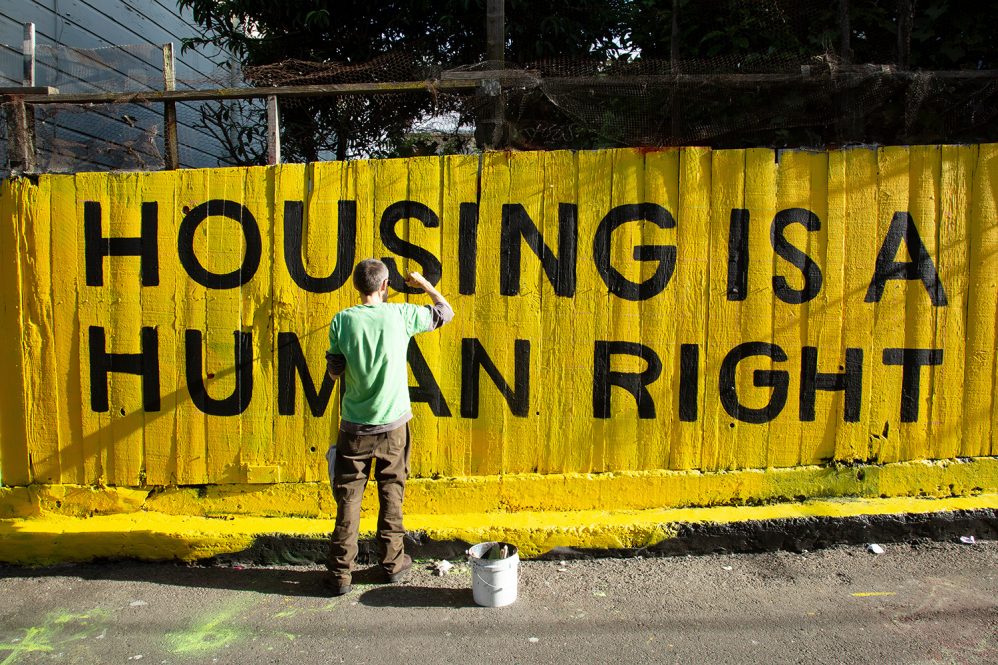When someone is struggling with addiction, the first step to recovery is often not treatment—it’s housing. Without a safe and stable place to live, efforts to address substance use can feel nearly impossible.
That’s the philosophy behind the Housing Empowering Recovery Opportunities (HERO) program, a new statewide initiative that pairs affordable housing with comprehensive recovery supports. And now, thanks to a four-year, $1.6 million grant from the Connecticut Department of Mental Health and Addiction Services (DMHAS), the UConn School of Social Work will lead a major evaluation of the program.
The HERO program aims to shorten the time people spend unhoused or living in unstable conditions by connecting participants with housing subsidies and wrap-around services through eight community partners spanning Connecticut. Beyond housing, individuals can access case management, referrals to treatment, employment assistance, peer mentorship, and other supports designed to sustain both housing stability and recovery.
“Stable housing is not just a roof over someone’s head—it’s the foundation for everything else,” says Eleni Rodis, managing director of research with the DMHAS Research Division. “By removing the barrier of requiring sobriety before housing, HERO allows people to stabilize their lives first, creating the conditions for lasting recovery.”

As the research partner, the UConn team will design a multi-method evaluation to measure the program’s impact on both participants and communities. Researchers will conduct client surveys and in-depth interviews, gathering stories about housing experiences, quality of life, mental health, and recovery. They will also analyze statewide data from DMHAS and the Homeless Management Information System (HMIS) to assess outcomes such as housing retention, treatment engagement, and cost effectiveness.
Importantly, the evaluation will incorporate perspectives from program participants, landlords, and HERO providers. Their feedback will help shape program improvements and ensure HERO meets the complex needs of Connecticut residents at the intersection of homelessness and opioid use.
The ultimate goal is to not only strengthen HERO’s outcomes but also inform new approaches across the state. By providing evidence of what works, the UConn evaluation will give DMHAS the insights it needs to optimize the program and expand similar initiatives in the future.
For Connecticut residents navigating both housing instability and addiction, HERO represents more than a program—it’s a lifeline to stability, dignity, and hope.



